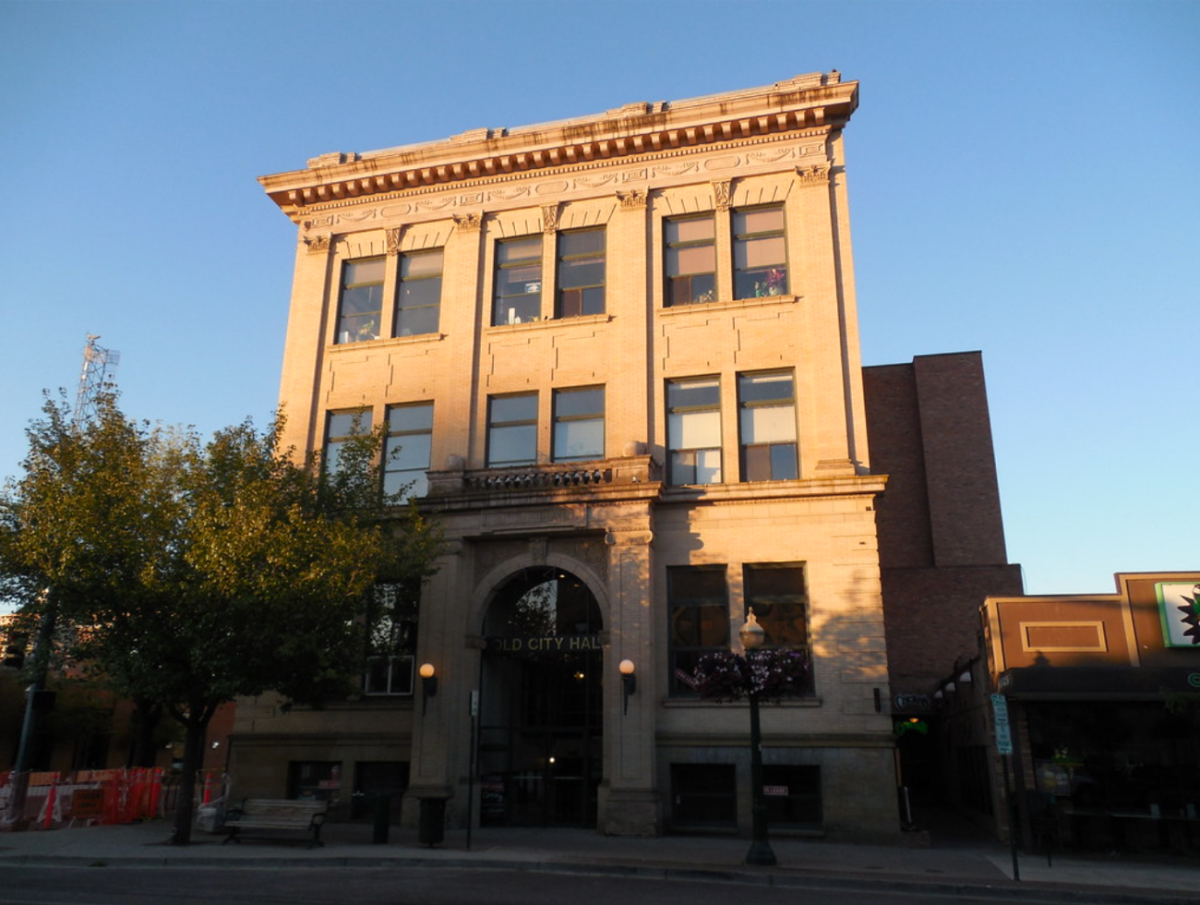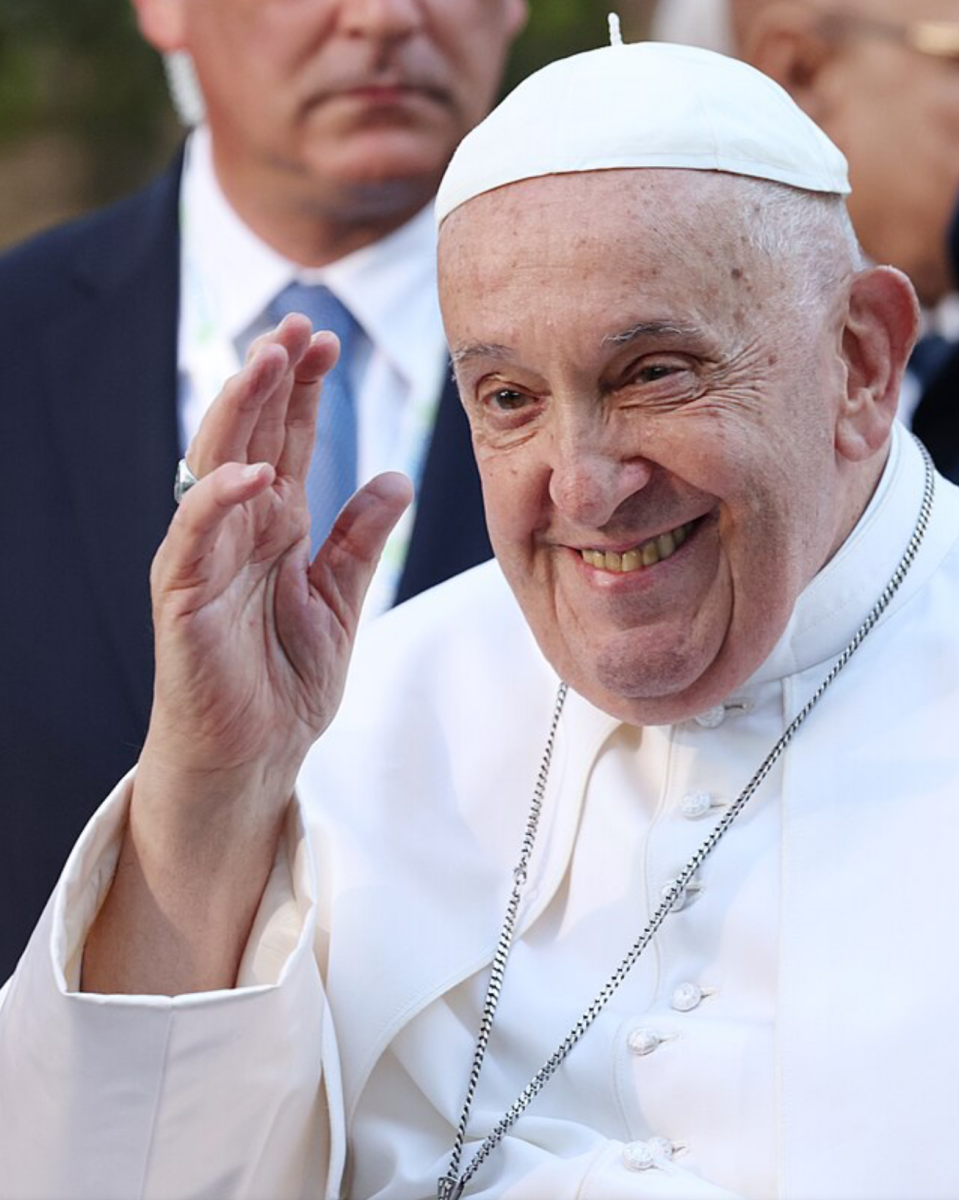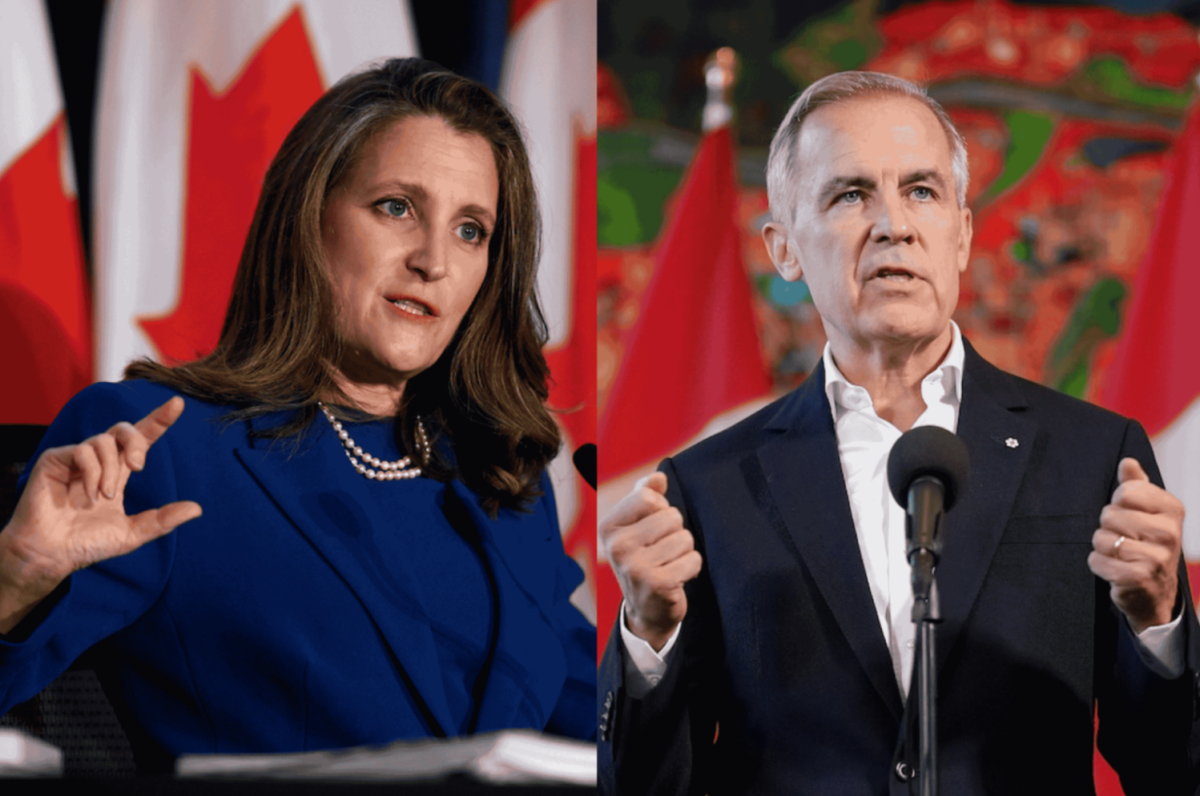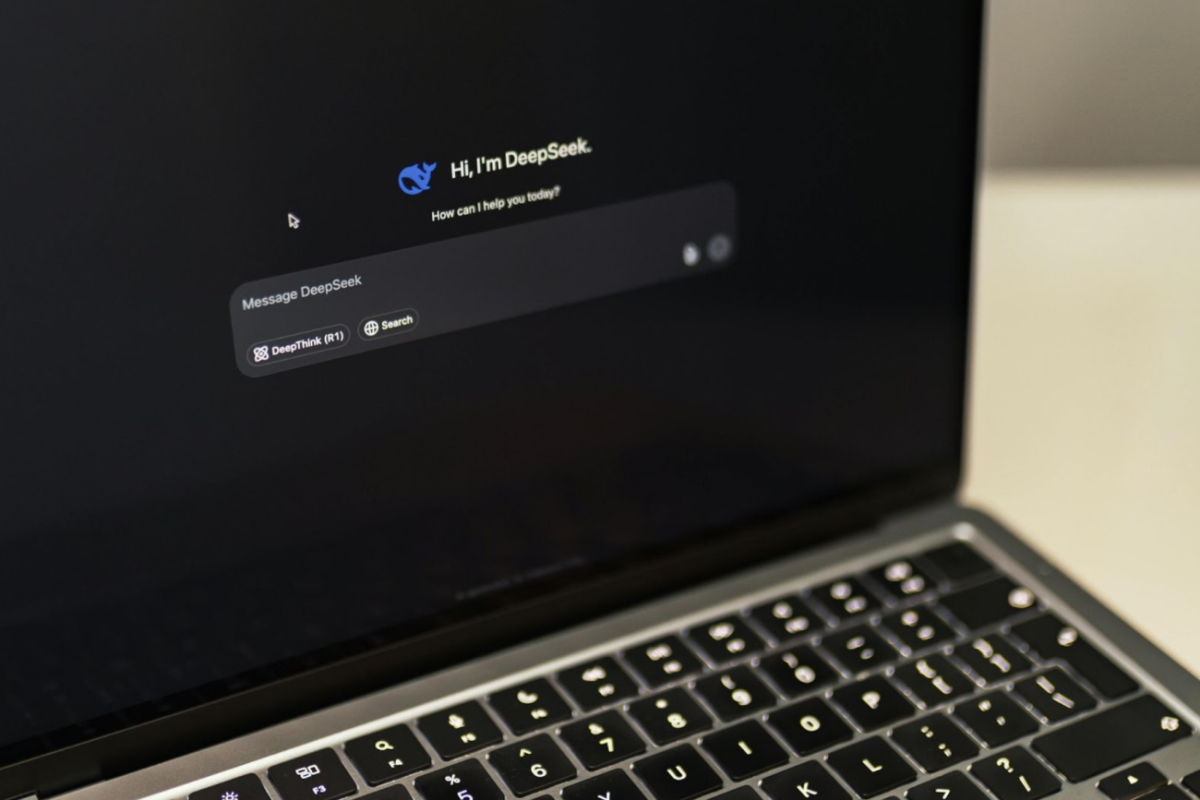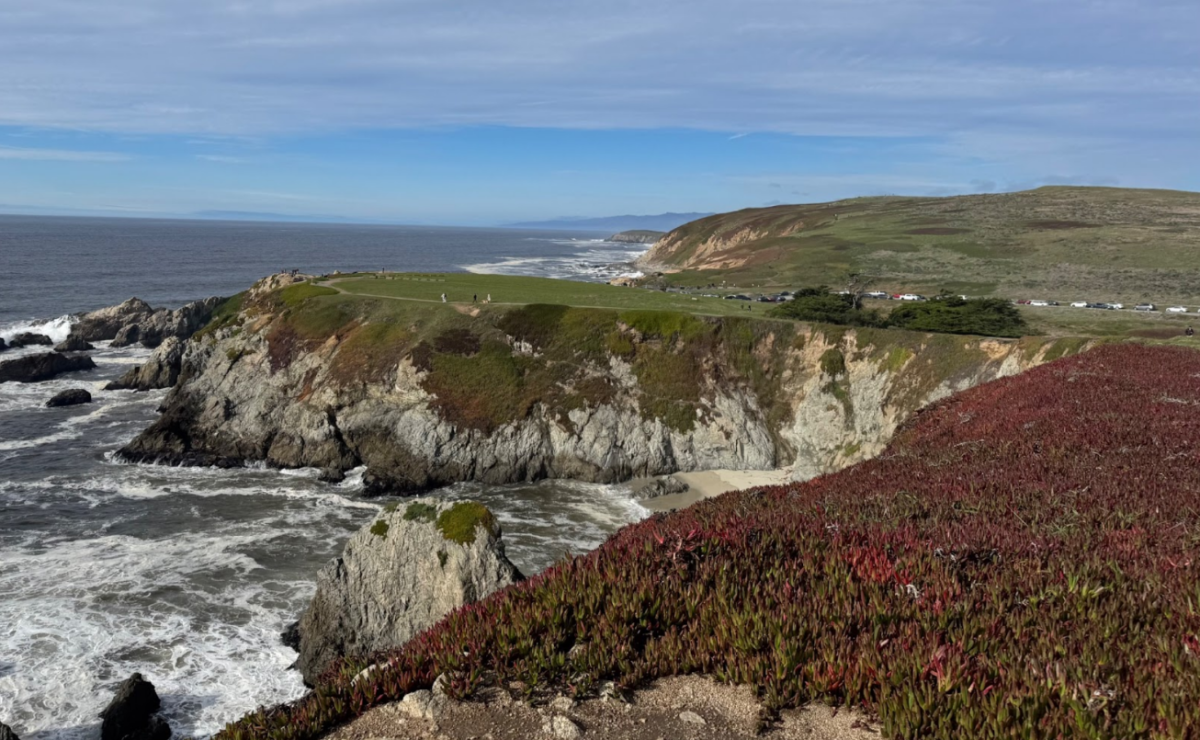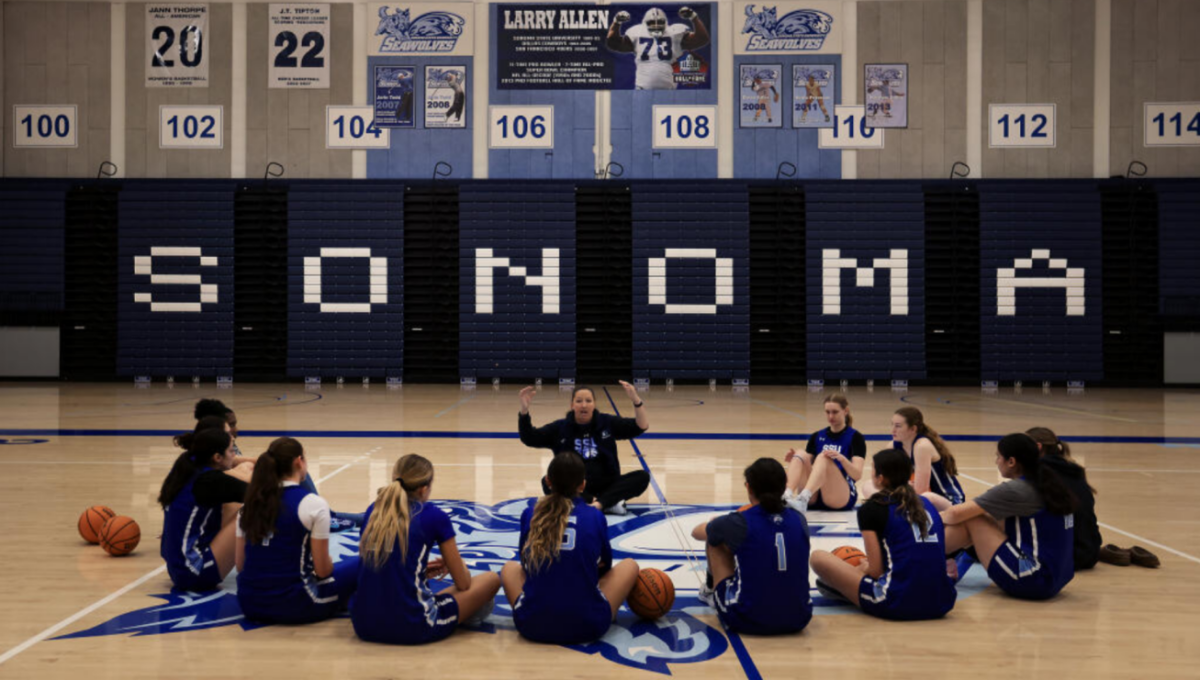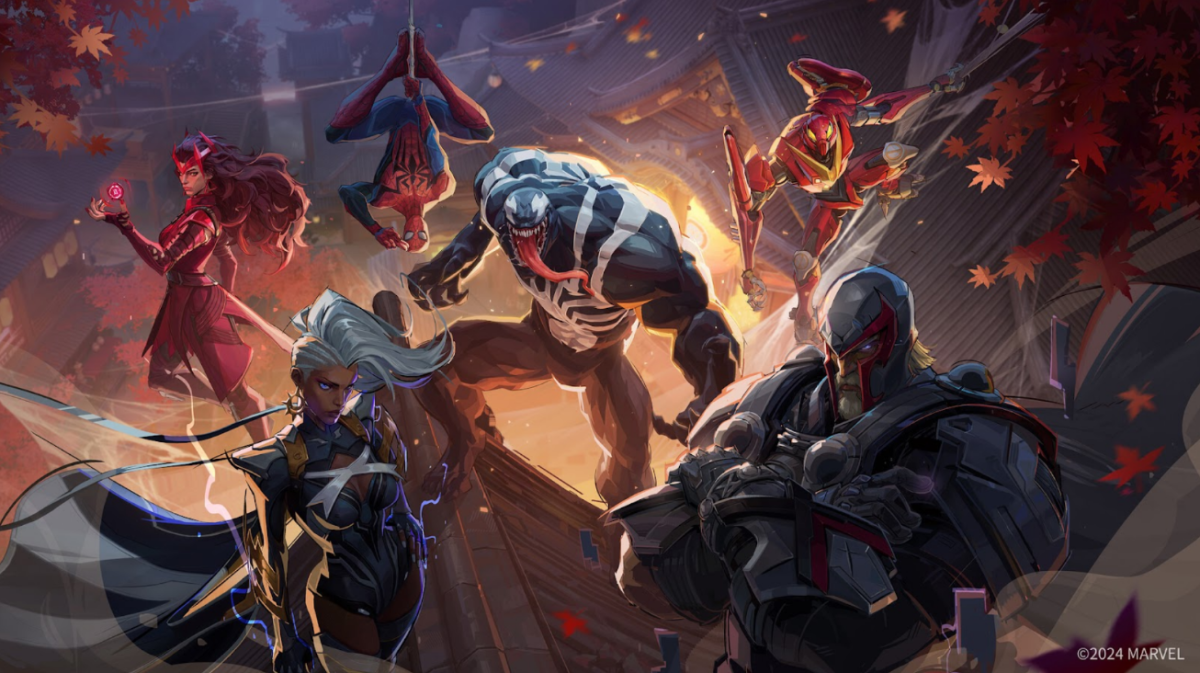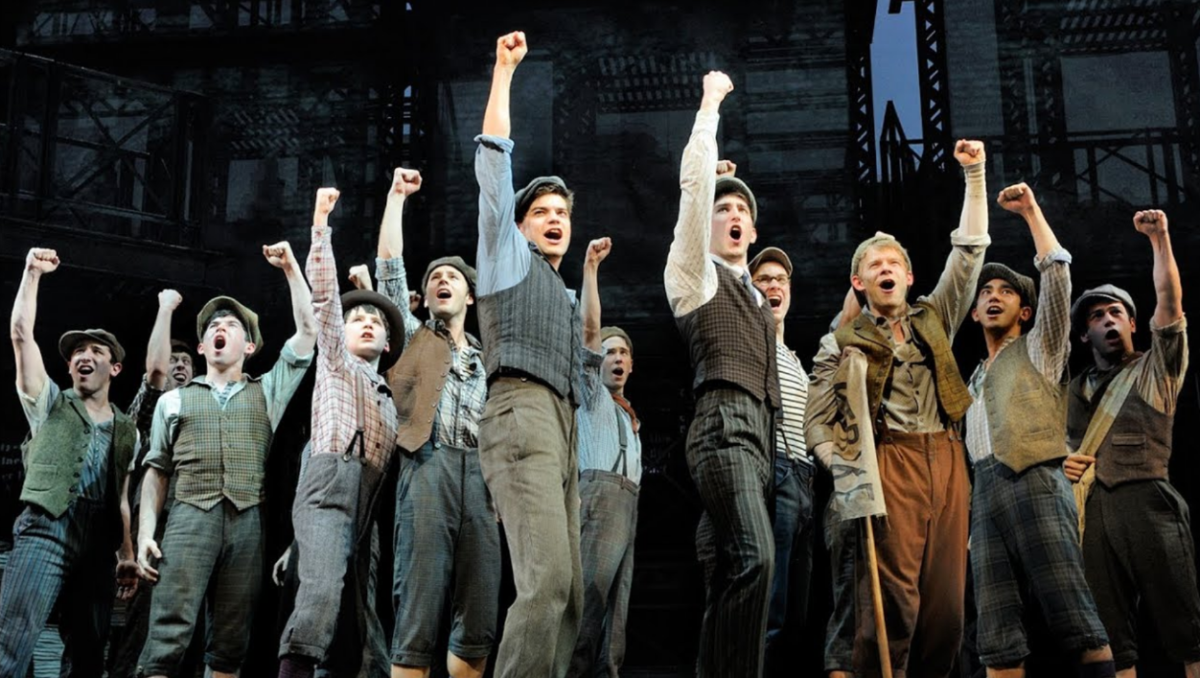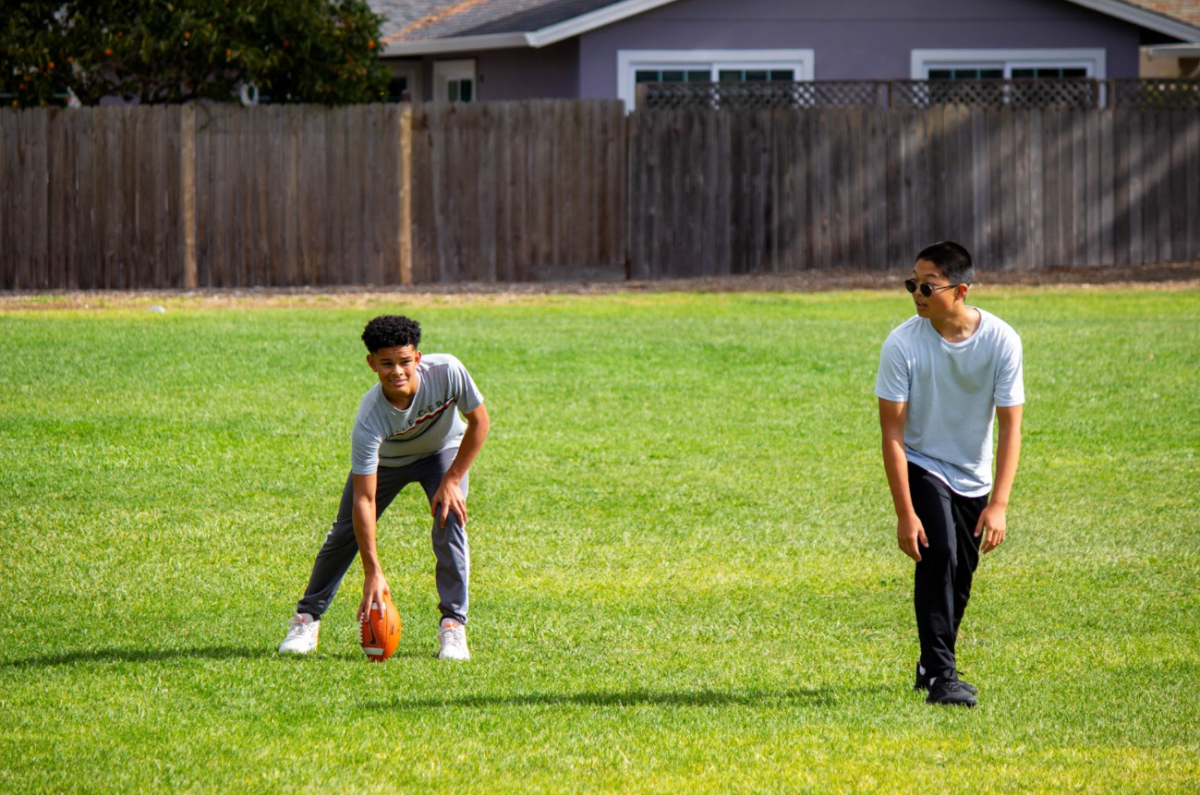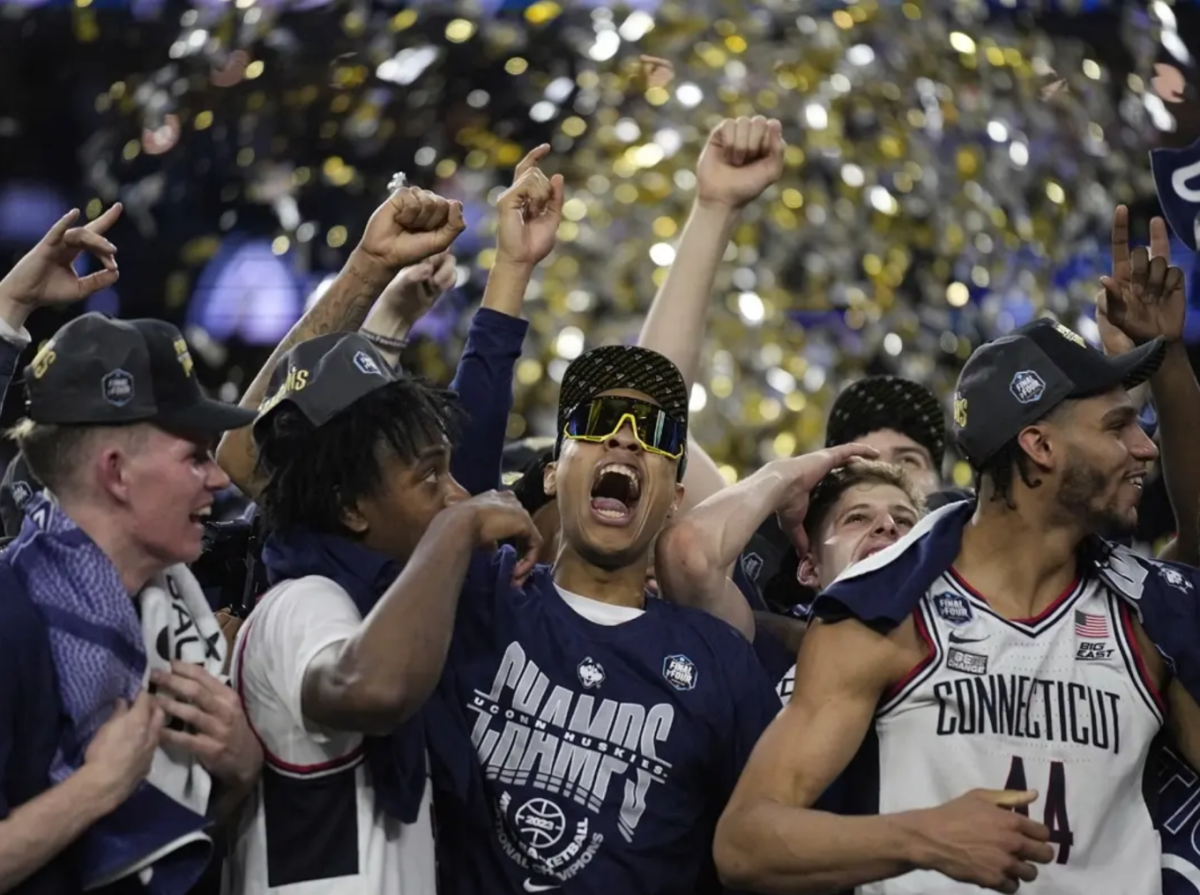In 1937, Congress and President Franklin D. Roosevelt made Columbus Day, Oct. 12, a national holiday, and it became an official federal holiday in 1971. However, Columbus Day celebrations date all the way back to 1792, the holiday was established to commemorate Columbus’ arrival to the New World back in 1492. Cities like New York, Chicago, Denver, and Boston would celebrate the holiday by holding festive Columbus Day/Italian heritage parades and celebrations with colorful costumes and Italian cuisine foods.
Columbus Day was a day of great commemoration all over America. However, in 2021, President Biden signed a proclamation declaring Indigenous Peoples’ Day to be observed the same day as the federal holiday of Columbus Day. As written in the proclamation, the day is meant to recognize the sovereignty, resilience, and immense contributions that Native Americans have made to the world. It also recognizes the many atrocities that were done to indigenous people during colonization.
Even before the President’s proclamation, individual states and local communities were celebrating Indigenous Peoples’ Day. The Sonoma County Board of Supervisors unanimously declared Indigenous Peoples’ Day in 2020. As early as 1992, Indigenous Peoples’ Day was celebrated in Berkeley, California. Not coincidentally, 1992 was the 500th anniversary of the arrival of Christopher Columbus. Local Native Americans including Pomo, Miwok, and Wappo tribes will honor their resiliency, heritage, and legacy at celebrations throughout Sonoma County this year on Oct. 14. Now, people celebrate native cultures and spend the day visiting museums or participating in native culture traditions and celebrations to honor the native tribes. These traditions include singing, dancing, and eating traditional foods. Foods like potatoes, varieties of squashes, beans, corn, cacao, berries, and nuts are normally found on dinner tables to celebrate traditional foods. Some famous native dances that are celebrated on this day include the grass dance, powwow dances, and round dances, normally celebrated in parades decorated in bright red and orange colors.

Though it is not encouraged, some states in the United States still continue to celebrate Columbus Day. There is much debate regarding continuing to celebrate Columbus Day. States which do so include Montana, Idaho, Utah, Arizona, Missouri, Illinois, Indiana, Ohio, Virginia, West Virginia, Pennsylvania, Maryland, New York, Massachusetts, Georgia, and Rhode Island. Although Columbus and colonists brought devastation to native populations, it is still part of American history. President Barack Obama said in his 2016 proclamation, “More than five centuries ago, one journey changed the trajectory of our world – and today we recognize the spirit that Christopher Columbus’ legacy inspired. As we reflect on the adventurers throughout history who charted new courses and sought new heights, let us remember the communities who suffered, and let us pay tribute to our heritage and embrace the multiculturalism that defines the American experience.”


